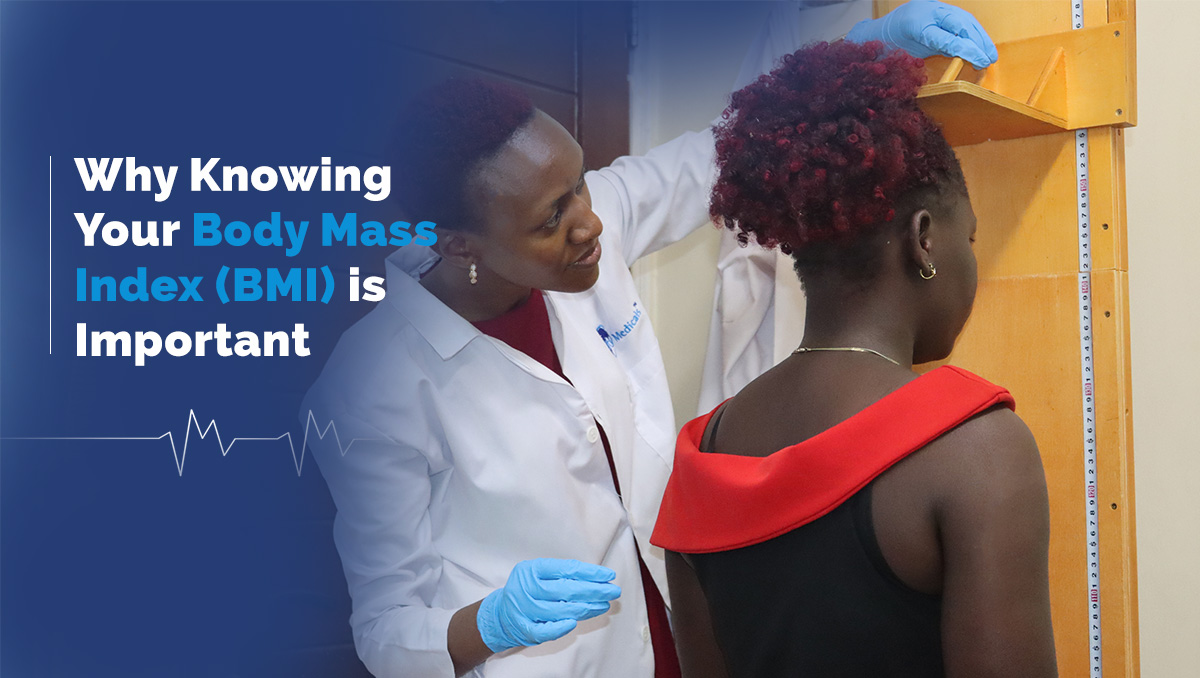Maintaining good health involves more than just eating well and exercising regularly. It also requires understanding key indicators that reflect your body’s overall condition. One such vital measure is your Body Mass Index (BMI). Knowing your BMI is a simple yet powerful way to assess your health risks and take proactive steps towards a healthier life. But why exactly is it so important? Let’s explore.
What Is BMI?
BMI stands for Body Mass Index. It is a numerical value calculated by dividing your weight in kilograms by your height in meters squared (kg/m²). This calculation provides an estimate of body fat and helps categorize individuals into different weight ranges:
- Underweight (BMI below 18.5)
- Normal weight (BMI 18.5 to 24.9)
- Overweight (BMI 25 to 29.9)
- Obesity (BMI 30 and above)
Why Should You Know Your BMI?
- Indicator of Health Risks
Your BMI gives a quick snapshot of whether your weight is within a healthy range. Both underweight and overweight statuses can increase your risk for various health problems. For example:
- High BMI: Associated with increased risk of heart disease, type 2 diabetes, hypertension, stroke, certain cancers, and joint problems.
- Low BMI: Can indicate malnutrition, weakened immune system, osteoporosis, and fertility issues.
Understanding your BMI allows you to recognize these risks early and make lifestyle adjustments before serious complications arise.
- Guides Weight Management
Knowing your BMI helps you set realistic health and weight goals. If your BMI is outside the normal range, you can work with healthcare providers to develop tailored nutrition and exercise plans to reach a healthier weight.
- Tracks Progress Over Time
BMI is easy to calculate and track. Regularly monitoring your BMI helps you see the impact of your diet and exercise routines. It provides motivation and accountability on your health journey.
- Supports Clinical Decisions
Healthcare professionals often use BMI as part of a broader health assessment. It helps doctors evaluate your risk for diseases, decide on appropriate screenings, and plan treatments.
Limitations to Consider
While BMI is a useful screening tool, it’s important to note that it doesn’t measure body fat directly. Factors such as muscle mass, bone density, age, sex, and ethnicity can affect the interpretation of BMI results. For example, athletes with high muscle mass may have a high BMI but low body fat. Therefore, BMI should be considered alongside other assessments for a full picture of health.
How to Calculate Your BMI
You can calculate your BMI easily using the formula:
BMI=weight in kilograms(height in meters)2BMI = \frac{\text{weight in kilograms}}{(\text{height in meters})^2}BMI=(height in meters)2weight in kilograms
Bottomline
Knowing your BMI is an essential first step towards understanding your body’s health and managing your risk for chronic diseases. It’s a simple, accessible, and informative measure that can empower you to take control of your health. If your BMI is outside the healthy range, consult a healthcare professional for personalized advice. Remember, a balanced lifestyle including nutritious food, regular physical activity, and adequate rest will always complement your efforts to maintain a healthy BMI.
Take charge of your health today — check your BMI and make informed choices for a better tomorrow!






